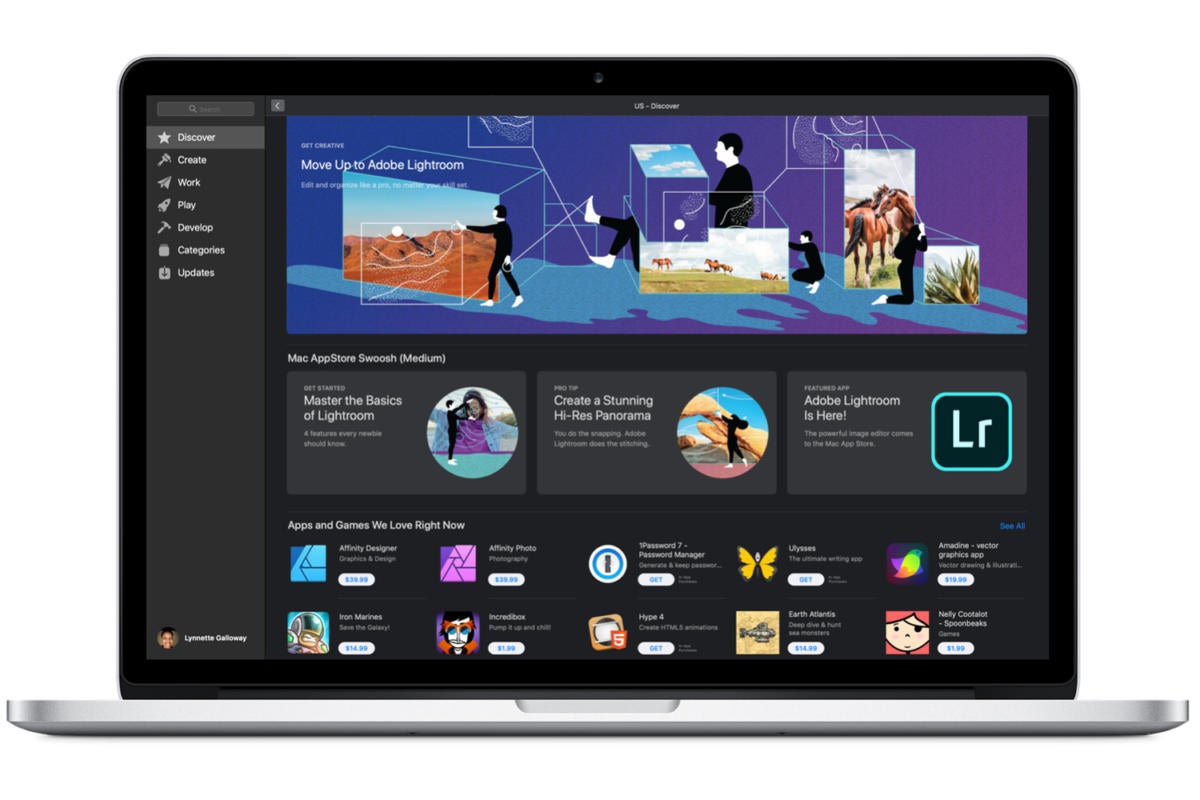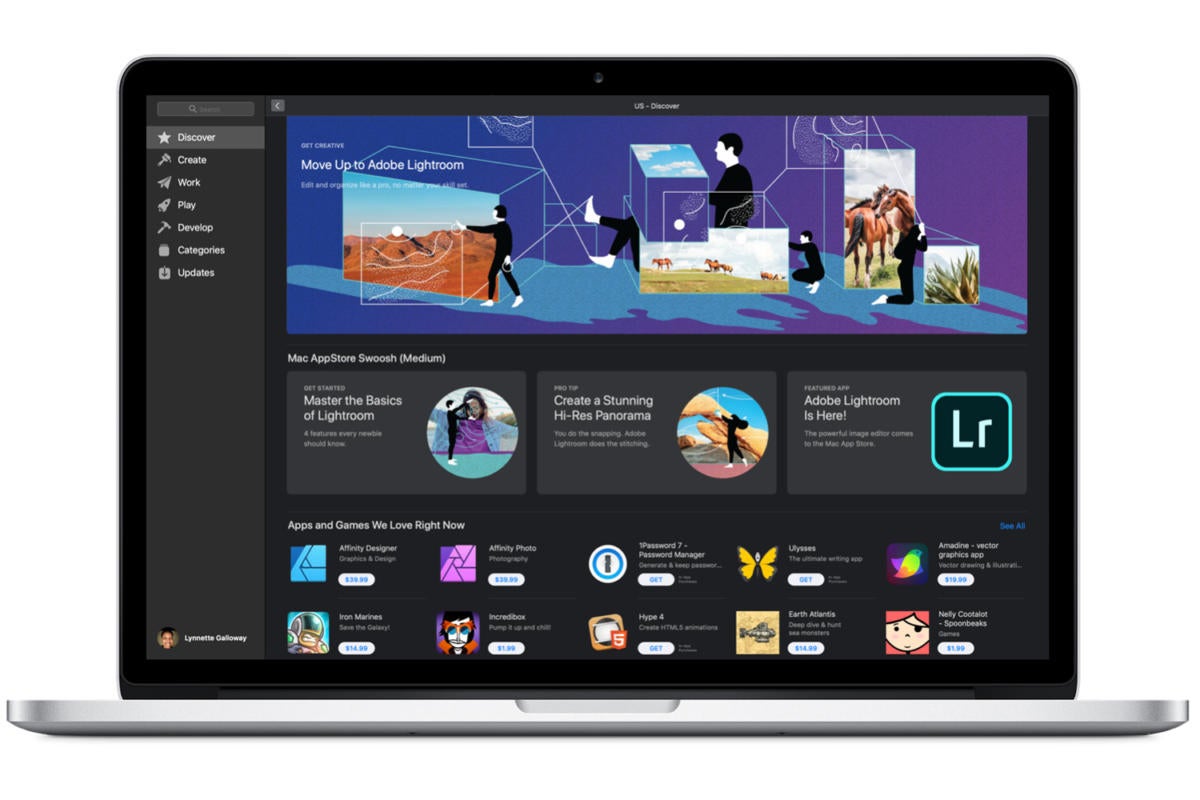
Apple has 23 million developers, but faces rebellion from some as it prepares to invite everyone to see the future of its platforms at WWDC.
So it goes
The rebellion isn’t about anything particularly new. Apple polices its ecosystem, maintaining tight control over the apps available to its users and taking a relatively consistent 30% cut of revenue. The company doesn’t let apps direct users to their own payment systems.
Apple’s argument is that it provides the platform and curates the store. It can point to brick-and-mortar retailers and note that they also charge fees for brands that wish to sell through them. It also points out that because it provides the entire ecosystem, including access to the customers, it has some right to charge for access to its systems.
Developers don’t always agree. Aome want to offer their products via the App Store while avoiding paying Apple for that access – even though it’s Apple that built the audience and the development tools that make that possible.
They may have a point about the 30% App Store tax (the company keeps 30% of sales), but I don’t think they can realistically argue that Apple owes them free access to the audience it provides.
Compromise is everything
There are always some developers (including some big names) who want to argue that Apple’s platforms are some form of utility, and that as such it owes others easy access to those audiences.
That’s not the case.
Realistically, anyone who is in business understands there’s going to be a cost of doing that business, so negotiation is what is important. I do not think it reasonable to expect zero cost access, so something’s got to give.
Unfortunately, Apple doesn’t always help itself on this.
You need to be consistent to make a strong case, and there are examples in which that consistency has been over-ridden, usually for commercial reasons. Take video apps and long-term app subscriptions; Apple has negotiated deals for the first and charges a reduced rate in year two of subscription incomes.
That’s not consistent.
It’s also not especially fair, as smaller developers are unlikely to be able to negotiate preferential deals.
There are developers who are pointing to the new spate of anti-trust investigations wending through Europe to argue that Apple is behaving in a monopolistic way. Their argument rests on the fact that the mobile market is defined by two main platforms – dominant Android and Apple. Developers wanting to build mobile apps must choose to support one or both of those platforms, as there is nowhere else they can go. Both charge for that access.
There are also arguments that when Apple offers a service (such as books), it seems wrong that competitors offering a similar service must hand over 30% of income made within Apple’s ecosystem to their business competitor.
Does this give Apple an unfair advantage? Or is it more an argument over what is the appropriate cost of doing business?
After all, Apple can still insist that the costs of running the store, investing in its platforms and maintaining all the other elements that make up the App Store ecosystem should be contributed to by those doing business there.
What’s unreasonable about that?
The only question really is ‘how much’?
If we accept that running a store has costs, and also accept that a company that runs a store should also have some right to profit from the endeavor, then the only real question is how much it should cost for third parties to do business in that space.
In order to reach a resolution, Apple could simply itemize some of its App Store costs, stick a margin on top of that, and charge all developers a monthly fee based on revenue.
The thing is, reading between the lines of some of the complaints I’ve glanced at across the last 24 hours, I can’t help but feel that some complainants simply want to avoid any amount of cost, which also seems unreasonable.
Apple puts it like this:
“It’s disappointing the European Commission is advancing baseless complaints from a handful of companies who simply want a free ride, and don’t want to play by the same rules as everyone else,
“We don’t think that’s right — we want to maintain a level playing field where anyone with determination and a great idea can succeed.”
That sounds fine as far as it goes. But I’d argue that a level playing field needs to be consistent, and that at this time in the development of the App Store ecosystem Apple has been forced to make changes and tweaks ithat now seem inconsistently applied. These inconsistencies need to be harmonized, as their existence weakens Apple’s argument.
Up next?
As the scale of business transacted via the App Store continues to grow, Apple has improved its own digital efficiencies, and many of the third-party costs that once impacted business revenue have changed.
That changing business environment leads me to think it possible the 30% fee it charges needs to be reviewed – but I don’t see a viable argument that gives any developer the right to run a profitable business on Apple’s unique platforms without agreeing to shoulder some fees.
I imagine Europe will come to a similar conclusion, eventually. The only question will be how much Apple can charge, particularly in situations when it is hosting services that compete with its own. But to charge no fee seems an unrealistic expectation.
Please follow me on Twitter, or join me in the AppleHolic’s bar & grill and Apple Discussions groups on MeWe.



